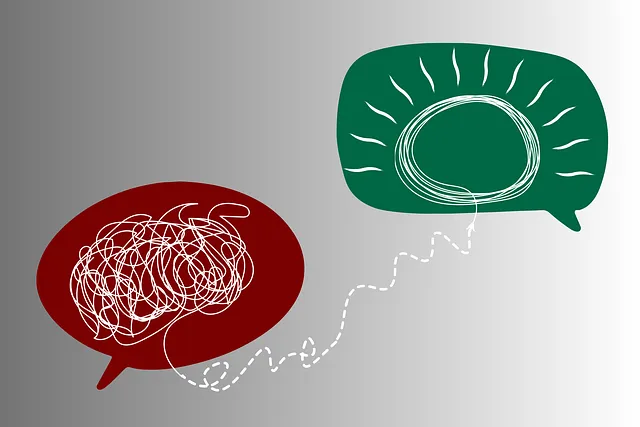Lakewood Kaiser Permanente recognizes stigma as a significant barrier to access and quality of mental health care. They combat this through multi-faceted initiatives like educational programs, stress management workshops, community engagement, and integrating comprehensive mental health coverage into insurance plans. These efforts foster open communication, dispel myths about mental illness, and promote early intervention, ultimately destigmatizing mental health conditions.
“Mental illness stigma persists, hindering access to critical care at facilities like Lakewood Kaiser Permanente. This article explores strategies to reduce this barrier, focusing on efforts within healthcare systems, community settings, and insurance policies. We examine how Lakewood Kaiser Permanente navigates the challenge of stigma in mental health care, highlighting successful initiatives. Additionally, we discuss the significance of insurance coverage expansion and provider education in fostering a more inclusive environment. By understanding these approaches, we can work towards improving mental health outcomes.”
- Understanding the Impact of Stigma on Mental Health Care Access at Lakewood Kaiser Permanente
- Strategies for Reducing Mental Illness Stigma in Community Settings
- The Role of Insurance Coverage and Healthcare Providers in Combating Stigma
Understanding the Impact of Stigma on Mental Health Care Access at Lakewood Kaiser Permanente

At Lakewood Kaiser Permanente, the impact of mental illness stigma is profound, hindering access to essential mental health care services. The organization recognizes that the prevailing stigma often leads to delayed or avoided treatment-seeking behaviors among individuals experiencing mental health issues. This, in turn, exacerbates existing conditions and negatively affects overall well-being. Understanding the deep-rooted nature of this issue is crucial for implementing effective strategies to reduce stigma.
Lakewood Kaiser Permanente has been actively involved in various mental illness stigma reduction efforts, focusing on improving how both patients and healthcare professionals perceive mental health concerns. They offer educational programs that dispel myths and provide accurate information about common mental disorders, aiming to foster a more supportive environment. Additionally, the integration of conflict resolution techniques within their care models enables patient-centered approaches, encouraging open communication and building trust, which are vital in overcoming stigma barriers.
Strategies for Reducing Mental Illness Stigma in Community Settings

Reducing mental illness stigma in community settings requires a multi-faceted approach involving various stakeholders. One effective strategy is to promote education and awareness through workshops, seminars, and events that focus on mental health. Organizations like Lakewood Kaiser Permanente play a vital role by offering mental health coverage and organizing initiatives aimed at destigmatizing mental illnesses. These efforts often include Stress Management Workshops, where participants learn practical stress reduction methods and coping skills development, fostering a supportive environment for open discussions about mental health challenges.
Community engagement is another powerful tool. Local support groups, schools, faith-based organizations, and businesses can collaborate to create inclusive spaces that encourage conversations about mental wellness. By integrating mental health topics into mainstream dialogues, these settings help dispel myths and misconceptions, paving the way for a more accepting and compassionate society.
The Role of Insurance Coverage and Healthcare Providers in Combating Stigma

Mental illness stigma reduction efforts require a collaborative approach, with insurance coverage and healthcare providers playing pivotal roles. One significant strategy is the integration of comprehensive mental health coverage in insurance plans, such as those offered by Lakewood Kaiser Permanente. By ensuring that mental wellness coaching programs are accessible and adequately covered, individuals facing emotional healing processes can seek help without financial barriers. This shift promotes early intervention and continuous support, thereby reducing the societal stigma associated with mental health challenges.
Furthermore, healthcare providers have a duty to foster an environment of understanding and non-judgment. They can achieve this by actively participating in development initiatives that enhance confidence boosting techniques within their practices. By combining robust insurance coverage with empathetic care, the mental health community can work towards destigmatizing various conditions, ultimately encouraging more people to prioritize and seek treatment for their emotional well-being.
Mental illness stigma reduction is a multifaceted effort that requires collaboration between healthcare providers, insurance companies like Lakewood Kaiser Permanente offering comprehensive mental health coverage, and community initiatives. By fostering understanding and empathy through education and open dialogue, we can significantly improve access to mental health care. This inclusive approach ensures that those in need receive the support and treatment they deserve without facing barriers caused by societal stigma.

